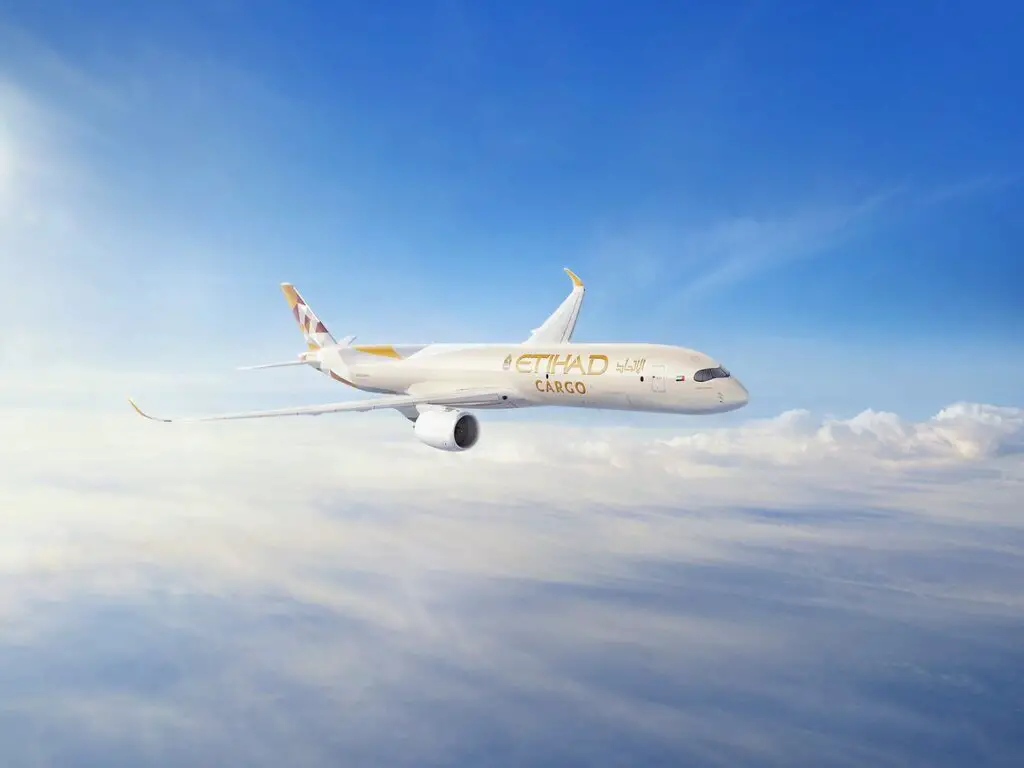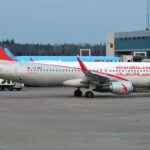Etihad Airways confirmed its order for seven Airbus A350 Freighter aircraft after signing a letter of intent with the European manufacturer at the Singapore Airshow in February. This will enable the Abu Dhabi-based company’s cargo division to optimise its fleet in a context of sustained growth in demand in the sector globally.
Furthermore, the formalisation of the order strengthens the relationship between Etihad and Airbus. So far, the airline has already taken delivery of five A350-1000 passenger aircraft, the largest version of the long-range widebody type.
In addition, the airline also signed a long-term agreement for the manufacturer’s Flight Hour Services (FHS) to support the entire fleet of A350 aircraft. It is also the first contract of its kind between Airbus and an A350 operator in the Middle East.
«In building one of the world’s youngest and most sustainable fleets, we are delighted to extend our long-term partnership with Airbus to add the A350 Freighter to our fleet», said Tony Douglas, CEO of Etihad Group. «This additional cargo capacity will support the unprecedented growth we are experiencing in the Etihad Cargo division», he added.
«This new generation large freighter brings unprecedented and unmatched benefits in terms of range, fuel efficiency and carbon dioxide savings», said Christian Scherer, CCO and Head of Airbus International. He also remarked that the model improves operational efficiency and reduces the environmental impact of operations.
Etihad’s A350F will be powered by Rolls-Royce Trent XWB-97 engines. The powerplant enables fuel savings of up to 20% compared to previous generation aircraft, resulting in reduced greenhouse gas emissions. These features comply with ICAO’s environmental carbon emission requirements, which will come into effect as of 2027.
The model offers a payload capacity of up to 109 tonnes, with a large main deck door allowing space optimisation and the use of industry standard containers.
Growth of the air cargo market
The order confirmation comes against the backdrop of a booming global air cargo market. Earlier this week, Etihad Cargo reported an increase in revenues in this segment in the first half of this year.
In the first six months of 2022, the company recorded revenues of 802 million dollars. This figure represents a 6% increase compared to the same period in 2021. The increase was sustained despite a 19% drop in the volume of cargo carried, which reached 295.020 tonnes. The recovery in passenger operations limited the capacity of cargo decks to transport goods.
As reported by the company, the cargo division contributed 35% of total overall operating revenues between January and June.














